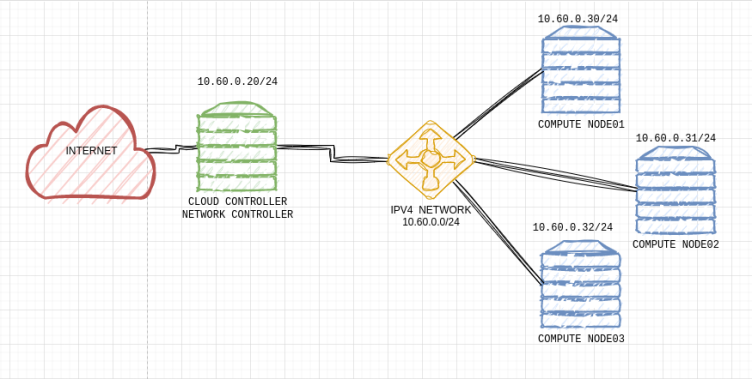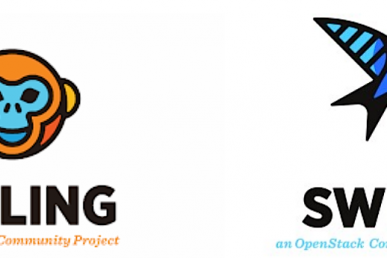 It’s no secret that I love OpenStack Swift. While it is not always a two-way relationship, I use Swift as much as I can: mostly for long-term backups, to serve static websites and even streaming.
It’s no secret that I love OpenStack Swift. While it is not always a two-way relationship, I use Swift as much as I can: mostly for long-term backups, to serve static websites and even streaming.
While the functionalities are awesome, it’s also important to get the accounting/usage information of the platform. Out of the box, Swift does not allow even an administrator to access accounting information from a given account. The “standard” approach is to use the Telemetry feature of OpenStack (aka Ceilometer), but I’m not a fan of that project either. In my opinion, telemetry is pumping so much data that in most cases is overkill; I prefer a simpler approach.
To create a report of Swift usage, we need to use the Reseller Admin concept in Swift to query account statistics from a single admin-level user. The reseller role (named “ResellerAdmin” by default) can operate on any Swift account.
While getting the concept is a bit tricky (and undocumented as well), the truth is that is quite straightforward to enable it. Create a “ResellerAdmin” role on OpenStack with the command openstack role create ResellerAdmin and grant the role to the user that need to access the containers, ex: the user admin.
Edit the Swift proxy-server.conf (filter:keystone section) and add the lines highlighted in bold.
[filter:keystone] use = egg:swift#keystoneauth operator_roles = admin, SwiftOperator reseller_admin_role = ResellerAdmin reseller_prefix = AUTH_ is_admin = true cache = swift.cache
Now the admin user can enumerate the projects and get statistics of all the projects and containers. It’s now easy enough to cycle through all the projects and get the used bytes, as shown below:
$ swift stat --os-project-name myproject
Account: AUTH_c9f567ce0c7f484e918ac8fc798f988f
Containers: 4
Objects: 325
Bytes: 101947377850
Containers in policy "policy-0": 4
Objects in policy "policy-0": 325
Bytes in policy "policy-0": 101947377850
X-Account-Project-Domain-Id: default
X-Timestamp: 1487950953.36228
X-Trans-Id: tx49e7b3d4e1a24f529fbc6-00594fb813
Content-Type: text/plain; charset=utf-8
Accept-Ranges: bytes
Giuseppe Paterno’ is a an IT architect and security expert. This post first appeared on Paterno’s blog.
Superuser is always interested in community content, get in touch: editorATsuperuser.org
Cover Photo // CC BY NC
- A simple way to create OpenStack Swift reports - July 7, 2017

)










